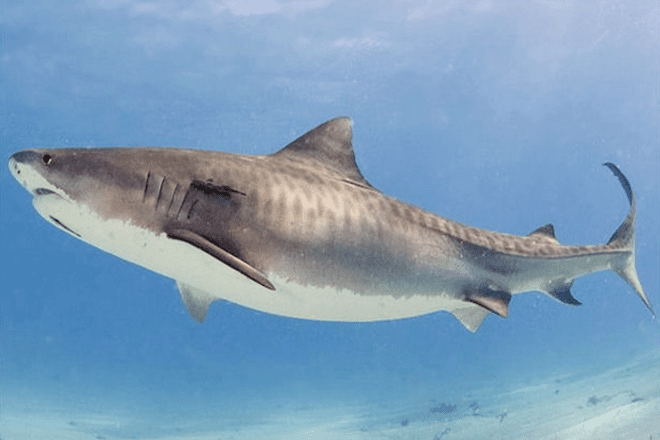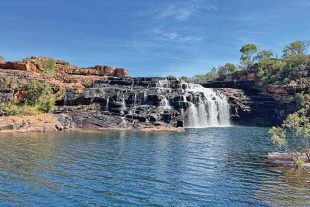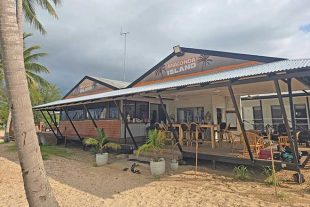THE initial results of the shark net trial on the NSW North Coast show the majority of marine life captured was released alive.
The NSW Department of Primary Industries found that in the first month of the nets being in place, 72 percent of marine animals were successfully released. Four sharks from targeted species (one white shark, two tiger sharks and one bull shark) were caught in the nets.
Three of these sharks were tagged, released and relocated alive in deeper waters. NSW DPI director general Scott Hansen said DPI is committed to doing all it can to ensure captured animals are released as soon as possible. “These nets have provided greater peace of mind to the community, particularly during the school holidays,” Mr Hansen said. “Our aim has always been to minimise the risk to swimmers and surfers from shark attacks and the amount of by-catch caught.
“The number of animals released alive in this past month is a promising start. “Local stakeholders have reported that parts of the North Coast have enjoyed renewed confidence in the tourism industry during this period. “We remain committed to determining how effective the nets are at catching target sharks with minimal impact on other marine animals and how acceptable the approach is to the community.”
The NSW Government has also released the Shark Meshing (Bather Protection) Program 2015-16 Annual Performance Report. This report provides details of the meshing program covering 51 beaches off Sydney, Newcastle and Wollongong. There has been an increase in by-catch from previous years and as a result a review of the SMP will be undertaken. Encouragingly, more than half the marine life caught in the nets was released alive (51 percent), up 12 percent from previous years.
The number of interactions with marine life fluctuates each year due to a number of factors including natural variability, and more than half the marine life interactions (58 percent) were with rays, including 319 cownose rays.The NSW Government will continue to monitor and refine all measures in order to both protect beachgoers and reduce by-catch.
 Bush ‘n Beach Fishing Magazine Location reports & tips for fishing, boating, camping, kayaking, 4WDing in Queensland and Northern NSW
Bush ‘n Beach Fishing Magazine Location reports & tips for fishing, boating, camping, kayaking, 4WDing in Queensland and Northern NSW









